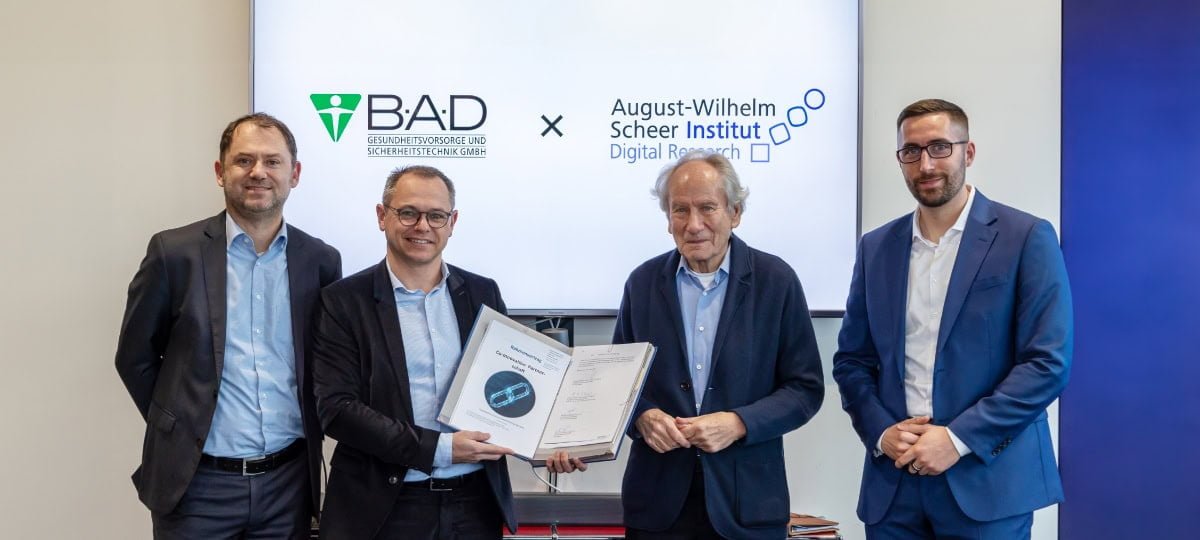How to stay in control in hybrid landscapes


Problems encountered range from incorrect scores and forecasts to delays in workflow and complete system failure during error analysis and correction. Two SAP applications from customer reports illustrate the tasks, challenges and solutions.
SAP IBP (Integrated Business Planning) has become a powerful tool in just a few years. Companies use the cloud-based integrated business planning system to plan and manage their supplies and supply chains, their operations and sales activities, their inventory, and their demand management. The management system combines planning and forecasting functions. It consists of modules and obtains process data from various source systems such as SAP BW and CPI. To do this, the source systems must provide and aggregate the data in advance. As usual with SAP, the control of the processes is time-dependent; the allocations follow a predefined schedule. In other words, the data cannot be loaded in real time, because IBP does not recognize when it is available.
This is automatically associated with a loss of time. If errors occur within the system chain, the entire process may even come to a standstill. In practice, IT staff then tidy up the database, manually enter the missing data, check everything and restart the system. This is usually done at night in order to disrupt ongoing operations as little as possible. Often, the manual processes are outsourced to third-party departments that lack expertise. If errors occur, the entire process has to be repeated, even if everything runs smoothly in the first few hours. As a result, systems are at a standstill for hours or days. Automation provides a remedy here. Scheduling software automates, initiates and coordinates the processes.
Unlike classic job scheduler solutions, modern workload automation solutions (WLA) have hybrid controls and can operate any interface. As soon as the data arrives from SAP BW or CPI, further processing in SAP IBP starts automatically. Data from other sources, such as suppliers or master data, can also be integrated. Workload automation simultaneously monitors tasks by means of clear monitoring. In the ideal case, even a "cure" of faulty processes is possible. Like a good doctor, WLA takes an anamnesis and administers the medicine that leads to the recovery of the system.
In this way, automation offers an answer to problems that have caused disruptions in other systems in the past: Different products from partly different technologies and interfaces have to work together, but cannot always do so because the products do not function across interfaces. Data is not loaded up to date, incorrect forecasts occur, and planning and processes come to a standstill. SAP needs a shepherd to guide, coordinate and safely lead the sheep through the gates. What good is a useful software like SAP IBP if it spits out wrong forecasts or stalls? This shepherd can be SSC. It keeps track of everything. A customer from the financial industry came to us and reported similar problems, wrong scores and process delays. The software he uses is SAP Information Steward. The software helps manage business data and perform enterprise-wide data analysis. The quality of the data is continuously checked and errors and problems are alerted at an early stage.
This allows risks to be identified more quickly and business results to be improved - in theory. This is because Information Steward consists of various SAP modules such as the Cleansing Package Builder, Data Insight and Metadata Management. In addition, the software draws on other modules such as FI, AFI, CML and TRM. The processes are also controlled chronologically. The dependency on different systems regularly leads to delays or errors in the calculations. As a result, an incorrect score value is generated. In this case, too, workload automation can take over the control of the data. The system does not begin calculations until all the data is clean. Sequential and parallel processing also saves time. This drastically reduces nighttime processing and downtime.
WLA/Job Scheduling is an important tool to cope with the complexity of hybrid IT landscapes. Algorithms submit jobs, workloads or batch processes to automate workflows across a variety of modules and tools. In short, you maintain an overview in hybrid landscapes and despite new technologies. This reduces downtime and cuts back on manual work.





